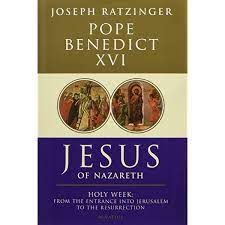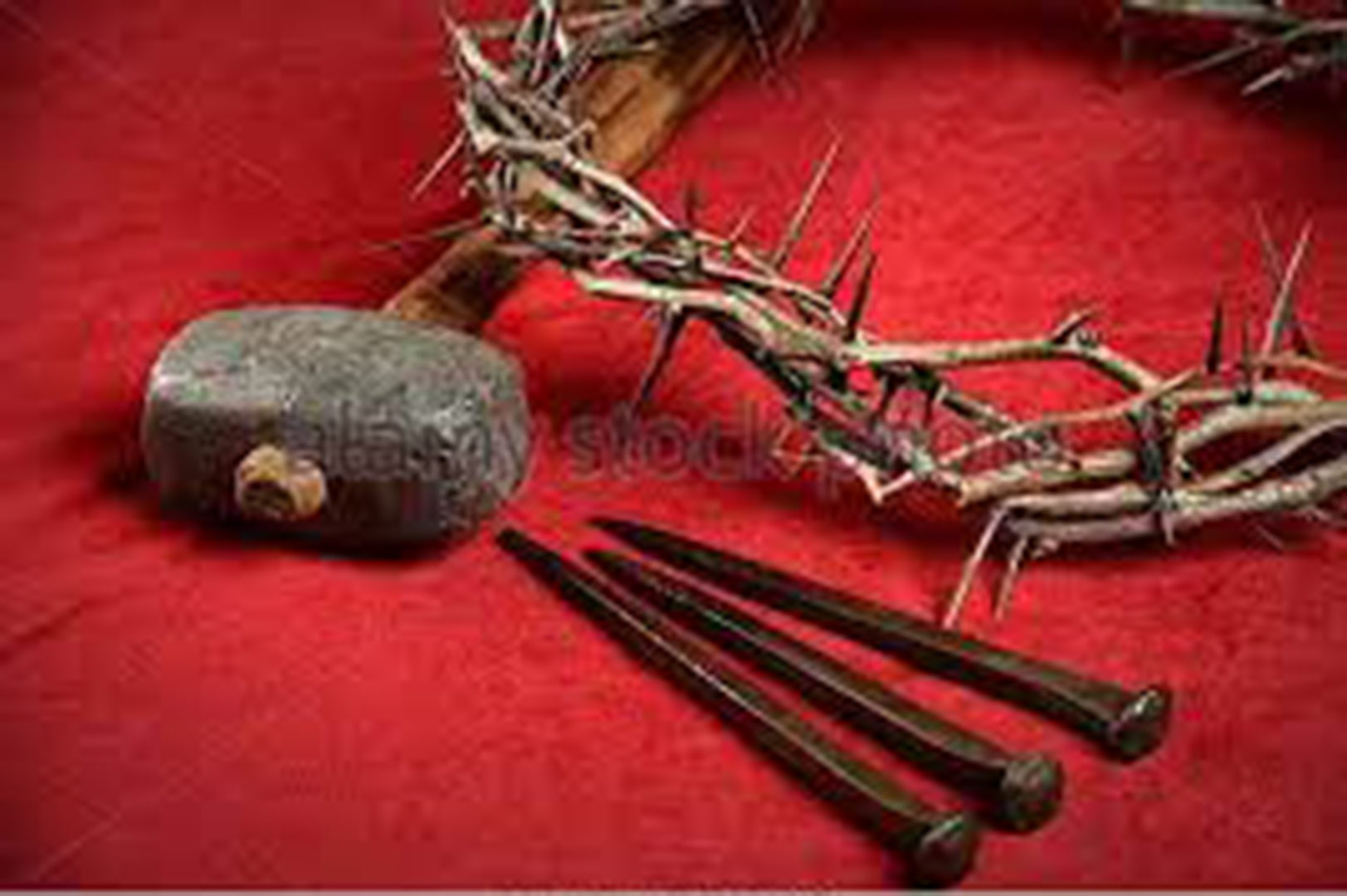The Nails of the Crucifixion

In the last month or so, several national governments came face to face with people’s wrath. Legitimate monarchs were in the firing line and some self-styled royals summarily ousted. Such things happen all the time in the rough-and-tumble of politics and are child’s play if we consider that, two thousand years ago, the Man who was God was crucified by his countrymen: The Creator of the Universe was destroyed, the Giver of Life put to death, the King of Kings who had deigned to visit his people, unceremoniously eliminated from the face of the earth.
Unlike worldly rulers, who collapse under the weight of their sins, Jesus Christ was executed without good reason. In fact, He was killed because He was righteous; He died to save us from the scourge of sin! What abnegation, what nobility! On the other hand, there were no prolonged hearings, no intention to ascertain the truth, no mercy…. There was only injustice, lies, brutality, ingratitude…. The annihilation of Jesus Christ was and will undoubtedly remain the worst crime perpetrated in history.

This was also an earth-shattering event for which the Chosen Race became accountable – alas, an irreversible act that the followers of Christ have had to painfully endure ever since. It caused them to have a mental block against the Jewish people; thankfully, neither the Church came to regard the Gospels as a basis for anti-Judaism nor did Christians hold out against individual Jews. Yet, the head of the World Jewish Congress, Ronald Lauder, recently accused the Christians of being silent spectators to the persecution of Jews.
Be that as it may, whether or not it was for the Jews to apologize to the Christians can be debated till the end of times. Without going into the long story of that failed relationship, it may be recalled that Pope Pius XII made efforts to mitigate the fall-out of what Churchill dubbed “a monstrous tyranny, never surpassed in the dark and lamentable catalogue of human crime.” In 1964, Vatican Council II issued a document, Nostra Aetate (‘In Our Times’), repudiating the notion of collective Jewish guilt for Jesus Christ’s death. Later, Pope John Paul II famously held out his hand to the Jews; and a couple of months ago, in his second volume of Jesus of Nazareth, Pope Benedict XVI ascribed that guilt not to “the Jewish people as a whole” but to the “aristocracy of the temple”, to the “masses” who acclaimed Barrabas, and to the Roman rulers who endorsed their demands.

The aggrieved Catholic Church thus moved beyond individual and racial considerations to ponder the greatest watershed in the history of humankind! The unparalleled magnitude of the crucifixion and death of Iesvs Nazarenvs Rex Ivdaeorvm (‘Jesus Christ, King of the Jews’, the INRI plaque on every crucifix) was an event infinitely more decisive than the fall of any emperor! As the Catholic apologist Steve Ray puts it, in Jesus’ death God “rewound history”: Eden became Gethsemani and Satan, Judas! Whereas at Eden death stuck into the Tree of Life, at Calvary life sprang up at the Tree of Death.
That speaks volumes about the centrality of Christ in meta-history. As we relive His saga, year after year, through the sorrowful spectacle of Lent and the glorious phenomenon that is Easter, we realize that we need no scapegoats. As members of the human race, you and I are those proverbial Jews and Romans, transposed across the centuries! Human nature has been the same for aeons; so, had we lived in Jesus’ time, maybe we would have been no different from those Jews and Romans! The Jew in us stands out even today, when we distort His teachings; and the Roman in us, when we hail the distortion. Our offences are the nails of modern-day Crucifixion; our rejection of the Message and the Messenger, an eloquent re-enactment of it!

We can turn a new leaf in our lives by repenting for our faults. Adam and Eve’s lapse was called felix culpa, a fortunate fault, because it eventually won us a great and good Redeemer. But our faults don’t qualify likewise; so we should first make a clean breast of our sins, saying: Nostra culpa, nostra culpa, nostra maxima culpa – Our fault, our fault, our very great fault! Next, we should readily embrace the Cross, not to invite suffering but to accept its myriad forms through the ups-and-downs of our daily life. Even a light feel of the Crucifixion on our skin might inspire us to atone for our maxima culpa in our own little way….
No defeated king has ever come back to his pristine splendour – except Jesus Christ! Let’s keep the faith, and we too shall have a share in the glory that was His on the third day and will be so for ever more.
(First published in Herald, Panjim, 22 April 2011)
